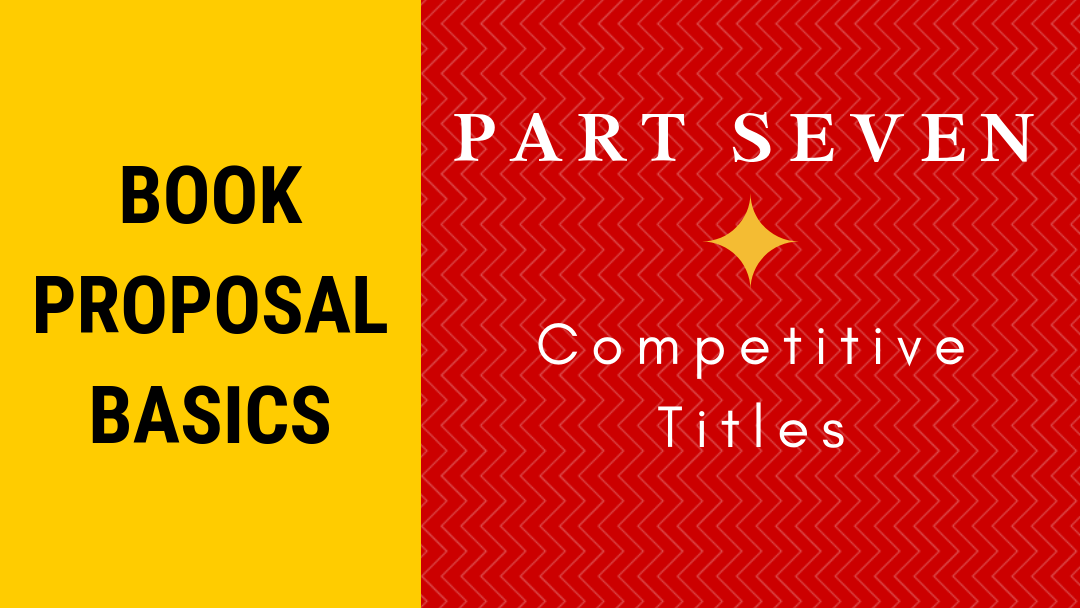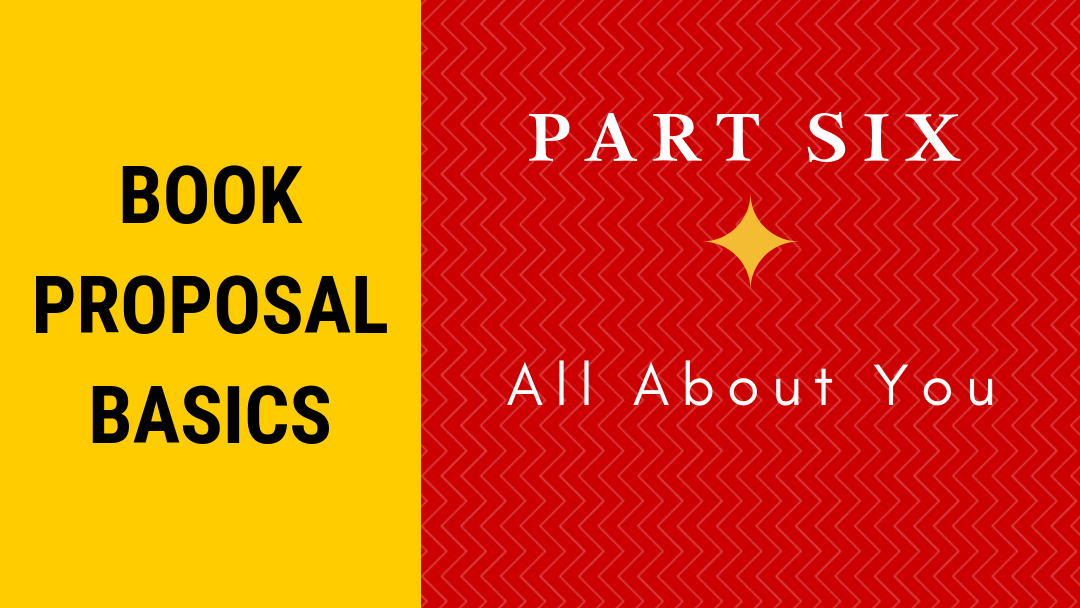Lots of authors find themselves stymied by this category, but it’s essential. When I’m unsure of a book’s place in the market as I review a proposal, seeing comparable titles helps me. I define this category as answering the question: “What titles are currently on the market that are similar to the book the author proposes?”
You may say, “Isn’t it the editor’s job to know the competition?” Yes and no. No one person can keep up with all titles released, even in a relatively small category. We appreciate authors who show us similar books when they are proposing something especially unique. For example, if Marvelous Author sold 1,000,000 units of her book, The Many Uses of Essential Oils for Dogs, we may be more inclined to give your book called Cats and Essential Oils a close look.
How Do I Find Them?
I recommend being familiar with your category and then looking on the Internet for similar books by genre or topic. When compiling your list, choose three or four published within the past two years. If nothing obvious shows up, list books that come as close as possible to yours. You might think it’s great not to find comparables for your book, but in reality, it may be a disadvantage. You will need to put forth a good reason as to why readers are clamoring for your book today. For instance, you can make a great argument as to why your book about closing a cold case needs to be published now if the police just solved the crime. Another example is if you are writing about a new political movement, or the reawakening of an old movement so your book is timely and pertinent to today.
Fiction is a bit more fixed into types of books that readers buy so if you’re writing a novel about sexy Martians saving the earth through recycling methane, your story and writing will have to be so astounding that an entire publishing house falls in love with it. Could happen.
Direct Versus Indirect Competition
If there is a good reason to divide up the competition this way, you can, but I don’t generally find it all that helpful.
Need to Know
Include the title, author, publisher, and release date. It’s nice to have a small paragraph saying how your book is different. Don’t say anything remotely close to, “This book is so riddled with errors it shouldn’t have been published,” or “A monkey throwing darts at a keyboard could have written a better novel.” Don’t criticize the other books in any way, even if you feel they are poor and yours is far superior. You may be right. Or you may accidentally be complaining about a book the editor worked on herself. Not a good move. No need to use false praise for other works, but explain the merits of your book and how it differs from current offerings.
With fiction, saying that readers of Mary Contrary’s Hardheaded will enjoy your book titled Obstinate because you are also writing about stubborn characters, although your setting is Regency England instead of 1849 Mississippi.
I think writing this section benefits the author as much as it will the agent and editor. It’s always good to know what’s on the market already, and composing this section forces you to find out.
Your turn:
Have you ever written a comparables section? How did it go?
What tips can you offer?
What is the most challenging aspect of comparing your work to others?
__________
 Steve Laube has a course on book proposals on The Christian Writers Institute that includes a one hour lecture, a short ebook on the topic, and sample proposal templates. Click here for more information.
Steve Laube has a course on book proposals on The Christian Writers Institute that includes a one hour lecture, a short ebook on the topic, and sample proposal templates. Click here for more information.








